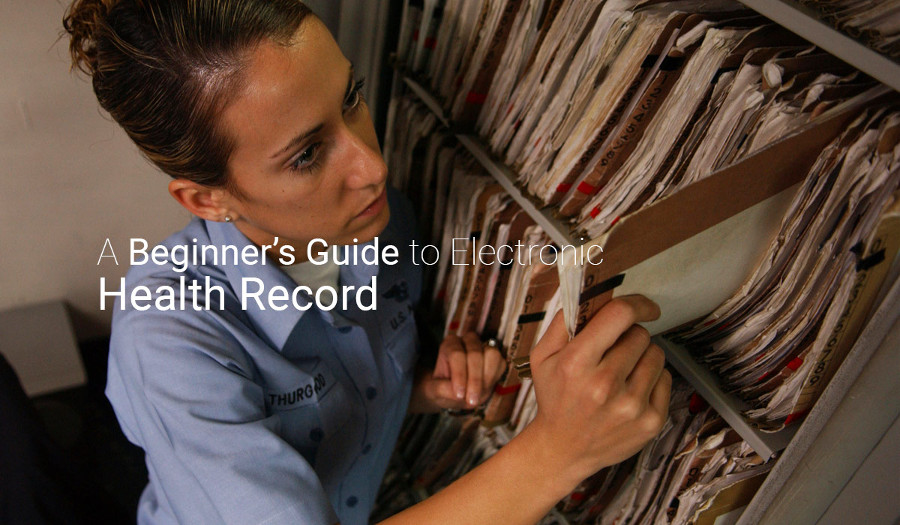
One of the primary goals of tech revolutions is to offer convenience to people. Apart from making way for elevated and sophisticated lifestyles, ideal evolution of technology is where it works at the grass root levels and makes lives better for those who are in need of it. Driver-less cars, smart refrigerators and automated homes are essential but smart farming, autonomous power grids and digitized healthcare are necessities. Thanks to the advancements recently, healthcare has been significantly influenced by technology and one such offspring is an EHR or the Electronic Health Record.
What is an EHR?
In simple words, an Electronic Health Record is a digital version of your health record or your medical history. Instead of storing the data on paper and retrieving it during medical consultations, an electronic health record offers you the convenience of saving your data digitally over the cloud. Since it gets stored on a centralized portal, it becomes easy for clinics and doctors to retrieve your medical history and proceed with diagnosis or healthcare.
One of the most significant advantages of the electronic health record include the inclusion of data such as the following:
- Radiology reports
- Laboratory data
- Immunizations
- Past individual medical history
- Vital Signs
- Medications
- Earlier Diagnosis
- Progress notes
- Demographics and more
Besides, the electronic health record also automates the flow of data and helps clinics streamline their workflows. Apart from healthcare, the health record fosters the evolution of a clinic’s operational procedures including data-driven decision making, outcomes reporting, quality management and more.
The Pros of Electronic Health Records
Apart from allowing doctors, physicians and clinics to deliver better diagnostic services to patients, electronic health records allows for improved healthcare by significantly reducing the occurrence of medical errors. With accurate and most recent data in hand, there is little scope for errors or misconceptions in diagnosis.
Besides, electronic health records also save significant time and strain of patients by eliminating the need to scan or undergo tests again and preventing any delays in treatments. With a streamlined electronic health record in hand, you can ensure you receive systematic services regardless of which clinic or specialist doctor you intend to get diagnosed from. With the record, the doctor will quickly take up the role of a ‘family doctor’ by knowing your medical history and recent ailments, allowing him or her to offer better diagnosis.
Electronic Health Records in Indigenous Medical Practices
Generally, electronic health records have been tested and applied in conventional medical practices. Little efforts have been taken in applying the benefits of electronic health records in the indigenous medical practices such as Ayurveda, Yoga and Naturopathy. These medical practices require as much medical information about a patient as clinics do and for better and informed treatments, clinics practicing them require a centralized portal to retrieve the piece of information.
Naturopathy centers, Yogic healing centers and Ayurveda clinics can opt for electronic health records systems to deliver better services to individuals or patients who prefer the treatment practice and develop better treatment agendas for their wellbeing.
With an effective electronic health record in place, resorts, clinics, hospitals and medical colleges can work on delivering better healthcare treatments to patients and guests. To know how it can benefit your clinic or business, get in touch and we will help you out.
